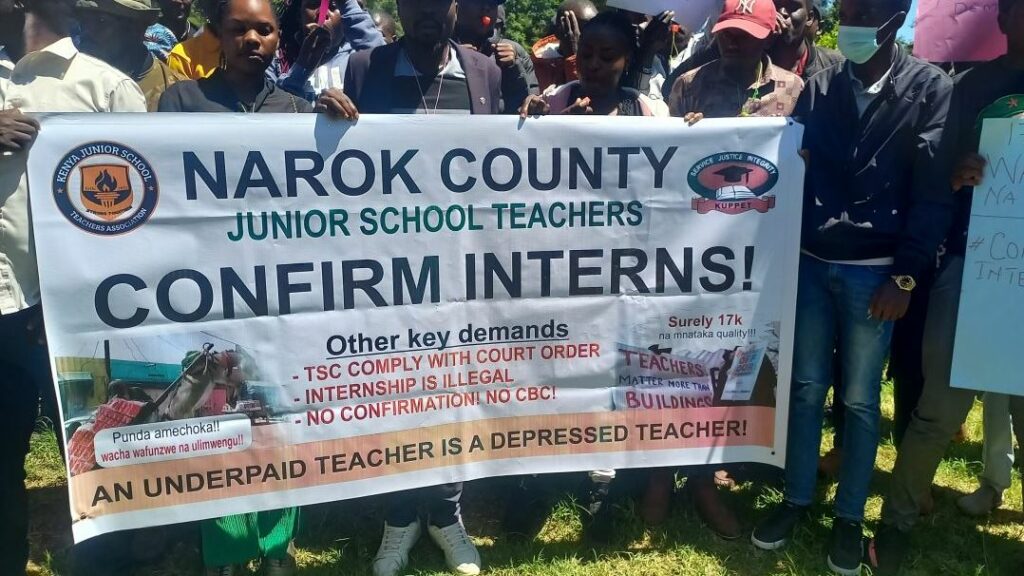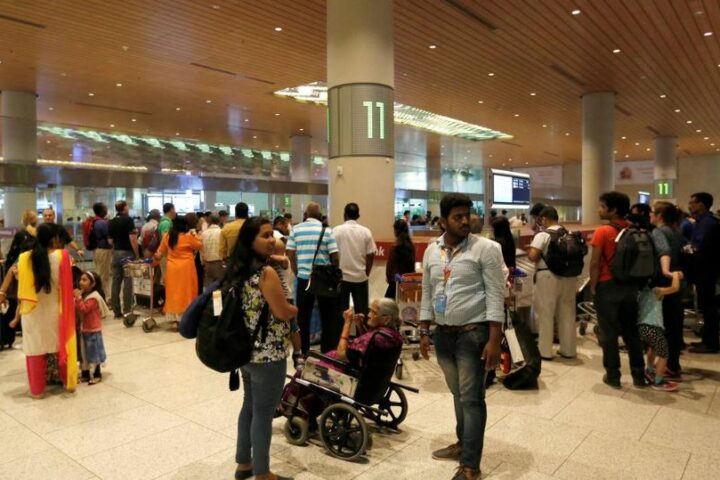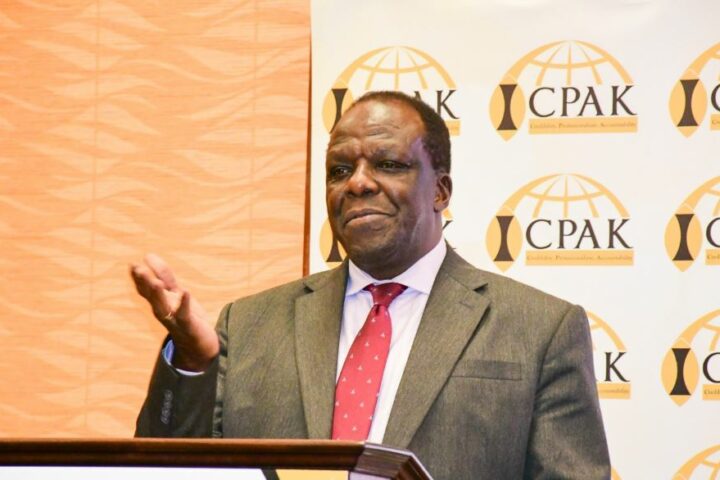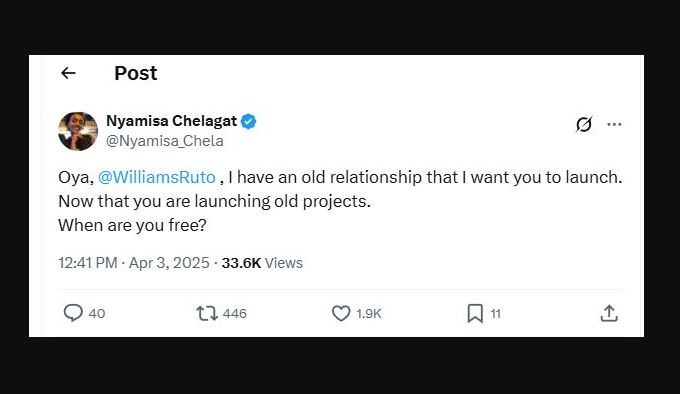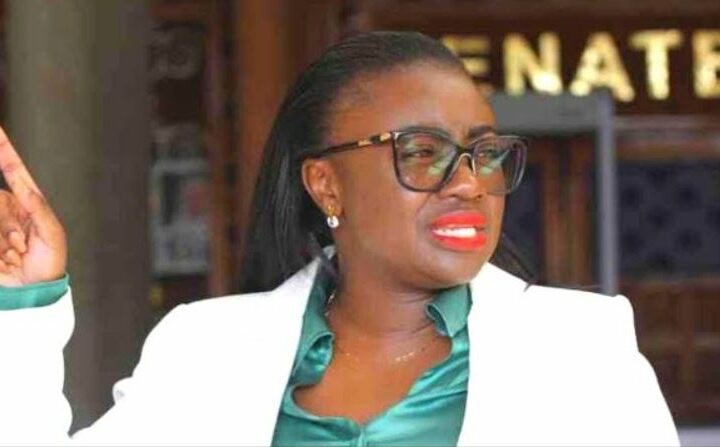 The marking of the 2024 Kenya Certificate of Secondary Education (KCSE) exams concluded on December 13, 2024, after an extensive effort by examiners across 35 designated marking centers.
The marking of the 2024 Kenya Certificate of Secondary Education (KCSE) exams concluded on December 13, 2024, after an extensive effort by examiners across 35 designated marking centers.
These dedicated professionals evaluated the work of 965,501 candidates who participated in this year’s examinations, which initially ended on November 22, 2024.
Despite some positive moments, the period was marred by allegations of widespread cheating and the subsequent arrests of several teachers. The incidents served as a grim reminder of the challenges facing Kenya’s national exam processes.
The marking exercise was conducted in schools and institutions across the country. Prominent venues in Nairobi included:
- Alliance High School
- State House Girls
- Sunshine High School
- Buruburu Girls
- Lenana School
- Moi Forces Academy
Beyond Nairobi, institutions like Murang’a TTC also played a pivotal role in hosting examiners.
Teachers involved reported optimism about the students’ performance, although the Kenya National Examinations Council (KNEC) has withheld the official results for now.
Unfortunately, the period saw rampant cases of exam malpractice that led to numerous arrests, especially targeting educators. Some of the notable incidents included:
- In Siaya County, 13 teachers were arrested for allegedly aiding cheating. They were later released on Ksh. 100,000 bail each.
- In Homa Bay, 10 teachers from Pala Masogo Secondary School faced serious charges, with bonds set at Ksh. 2 million each.
- At Membley High School in Kiambu, two candidates were caught attempting to sneak mobile phones into the examination hall, violating exam rules.
These incidents highlighted ongoing challenges in ensuring integrity during national examinations.
Although KNEC has made strides in tightening exam security, loopholes remain. Regions like Nyanza and the Rift Valley witnessed a higher number of malpractice cases this year. Addressing these concerns, KNEC CEO David Njengere reassured the public of the council’s commitment to maintaining exam credibility.
He stressed stringent measures to ensure the integrity of the marking and grading process.
Njengere also dismissed social media rumors alleging bribery in grading, emphasizing that robust controls prevent tampering at all levels.
For candidates eagerly awaiting their results, Education Cabinet Secretary Julius Ogamba announced that the KCSE results will be released in January 2025. Despite the holiday season, the Education Ministry and KNEC are working collaboratively to deliver the results efficiently and on schedule.
National ID Registration for Students
This year’s KCSE period also coincided with a government initiative targeting student national ID registration. Dubbed “Maisha Cards,” these modernized IDs are designed to facilitate access to post-secondary opportunities, including:
- Higher Education Loans Board (HELB) applications
- Scholarship programs
- International education opportunities
Principal Secretary Julius Bitok stated that mobilization of registration officers across Kenya was underway to ensure eligible candidates receive these IDs. This initiative followed the lifting of a High Court order in late 2023 that had initially delayed the rollout of the Maisha Cards.
Despite the challenges faced during the 2024 KCSE process, there is hope for improvement. Stakeholders are doubling down on reforms to enhance the credibility of Kenya’s education system. Key areas of focus include:
- Improving examination supervision
- Strengthening security protocols
- Implementing synchronized student registration systems
Ultimately, this year’s KCSE serves as a reflection of both progress made and obstacles that persist. Moving forward, stakeholders are committed to ensuring smoother and more credible processes for students, teachers, and examiners alike in 2025.

